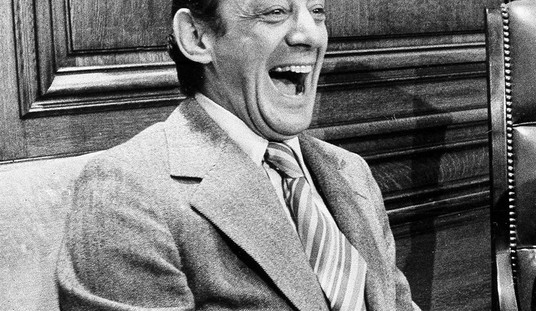An incident involving a B-52 carrying two thermonuclear bombs that broke up in mid-air over Goldsboro, North Carolina in 1961 almost resulted in a detonation according to a document recently declassified.
One of the bombs armed itself on the way down and only a single switch prevented a nuclear explosion.
Writing eight years after the accident, Parker F Jones found that the bombs that dropped over North Carolina, just three days after John F Kennedy made his inaugural address as president, were inadequate in their safety controls and that the final switch that prevented disaster could easily have been shorted by an electrical jolt, leading to a nuclear burst. “It would have been bad news – in spades,” he wrote.
Jones dryly entitled his secret report “Goldsboro Revisited or: How I learned to Mistrust the H-Bomb” – a quip on Stanley Kubrick’s 1964 satirical film about nuclear holocaust, Dr Strangelove or: How I Learned to Stop Worrying and Love the Bomb.
The accident happened when a B-52 bomber got into trouble, having embarked from Seymour Johnson Air Force base in Goldsboro for a routine flight along the East Coast. As it went into a tailspin, the hydrogen bombs it was carrying became separated. One fell into a field near Faro, North Carolina, its parachute draped in the branches of a tree; the other plummeted into a meadow off Big Daddy’s Road.
Jones found that of the four safety mechanisms in the Faro bomb, designed to prevent unintended detonation, three failed to operate properly. When the bomb hit the ground, a firing signal was sent to the nuclear core of the device, and it was only that final, highly vulnerable switch that averted calamity. “The MK 39 Mod 2 bomb did not possess adequate safety for the airborne alert role in the B-52,” Jones concludes.
The document was uncovered by Schlosser as part of his research into his new book on the nuclear arms race, Command and Control. Using freedom of information, he discovered that at least 700 “significant” accidents and incidents involving 1,250 nuclear weapons were recorded between 1950 and 1968 alone.
“The US government has consistently tried to withhold information from the American people in order to prevent questions being asked about our nuclear weapons policy,” he said. “We were told there was no possibility of these weapons accidentally detonating, yet here’s one that very nearly did.”
No doubt if there had been a detonation, it would have boosted the nuclear disarmament argument considerably. And perhaps it is better not to even think what the Europeans would have said about our nukes at air bases in Great Britain and Germany, among other places.
And the country itself would be a different place. If a nuke had been detonated, it would have made a sizable part of the east coast unlivable for decades. The hit to our economy would have been generational. Fall out would have been blown by the jet stream and crossed the ocean, causing numerous problems in western europe.
This very same scenario haunts the nightmares of policymakers today. Rogue nations and terrorists will soon be in possession of nuclear weapons. When that happens, the challenges to our security will be immense. Every container that arrives in our ports, every flight that uses our airspace, every plane, train, and automobile would be a potential delivery vehicle for a nuclear weapon.
The threat is perhaps best summed up by Nicole Kidman’s character Julia Kelly in the film The Peacemaker: I’m not afraid of the man who wants ten nuclear weapons, Colonel. I’m terrified of the man who only wants one.










Join the conversation as a VIP Member